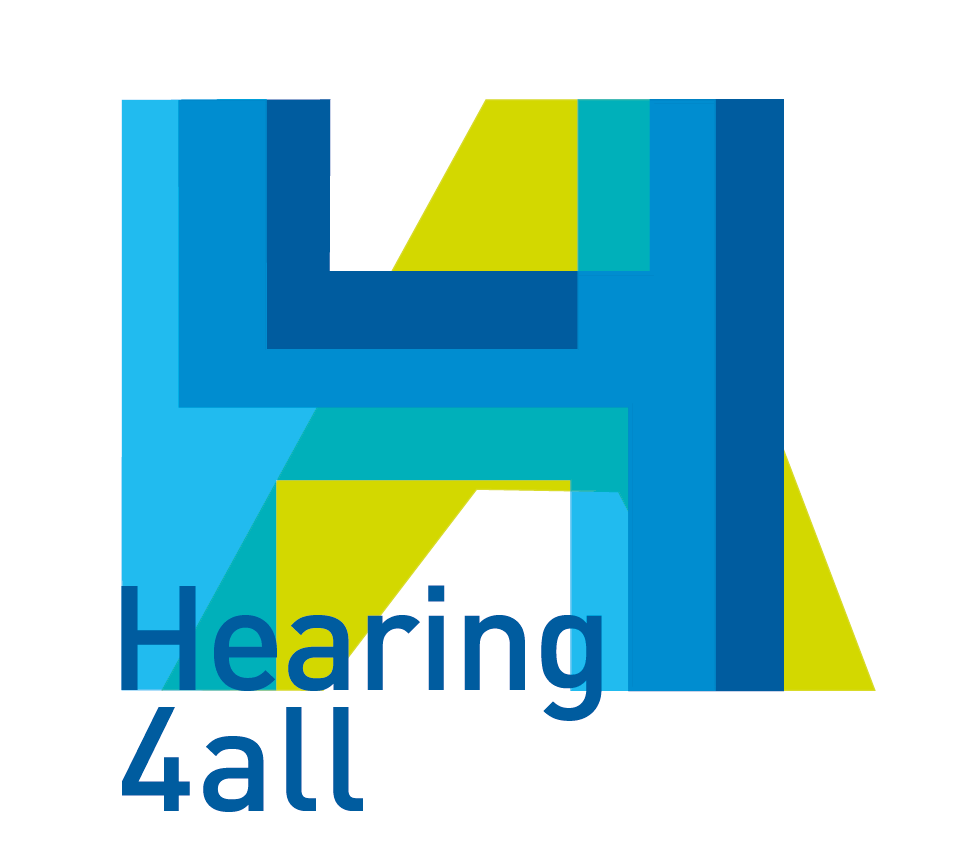Attention governs neural oscillatory responses to degraded speech
Listening to acoustically degraded speech increases effort and reduces speech comprehension. Neurally, degraded speech commonly evokes an increase in the power of ~10 Hz alpha oscillations in the magneto-/electroencephalogram (M/EEG). However, this prominent alpha response to speech is far from being fully understood. In the present study, we tested whether the neural alpha response is driven by degraded acoustics per se or by the degradation-driven need to enhance attention to speech in memory. To this end, we used an irrelevant-speech paradigm where young healthy listeners (n = 23) were presented with nine randomly ordered target digits followed by one distractor sentence. Participants had to maintain the serial order of digits in memory while ignoring the distractor. We parametrically degraded acoustic detail of the distractor sentence (using noise-vocoding with 1, 4, or 32 frequency channels). As expected, more acoustic detail of the speech distractor led to more distraction, measured as disrupted serial recall of target digits. Most importantly, our task design elicited a reversal of the commonly observed neural alpha response to degraded speech: While alpha power decreases when better acoustics facilitate comprehension of attended speech, here, alpha power in parietal and temporal cortex instead increased as better acoustics of the to-be-ignored speech aggravated distraction. Beyond the alpha band, low-frequency delta and theta power (1–5 Hz) in fronto-parietal cortical regions increased as well when more acoustic detail boosted the interference by distracting speech. Our results suggest that acoustically more intact, distracting speech taxes attentive processing of target speech in working memory. The neural alpha response is governed by a listener’s focus of attention, which controls whether more acoustic detail of speech facilitates comprehension (of attended speech) or enhances distraction (of ignored speech). In sum, auditory attention utilises a stronger alpha response to selectively filter out irrelevant distractors from interference with target speech.
Warning: Use of undefined constant s - assumed 's' (this will throw an Error in a future version of PHP) in /home/spinnluxnr/www/2017/pages/programme.php on line 208


